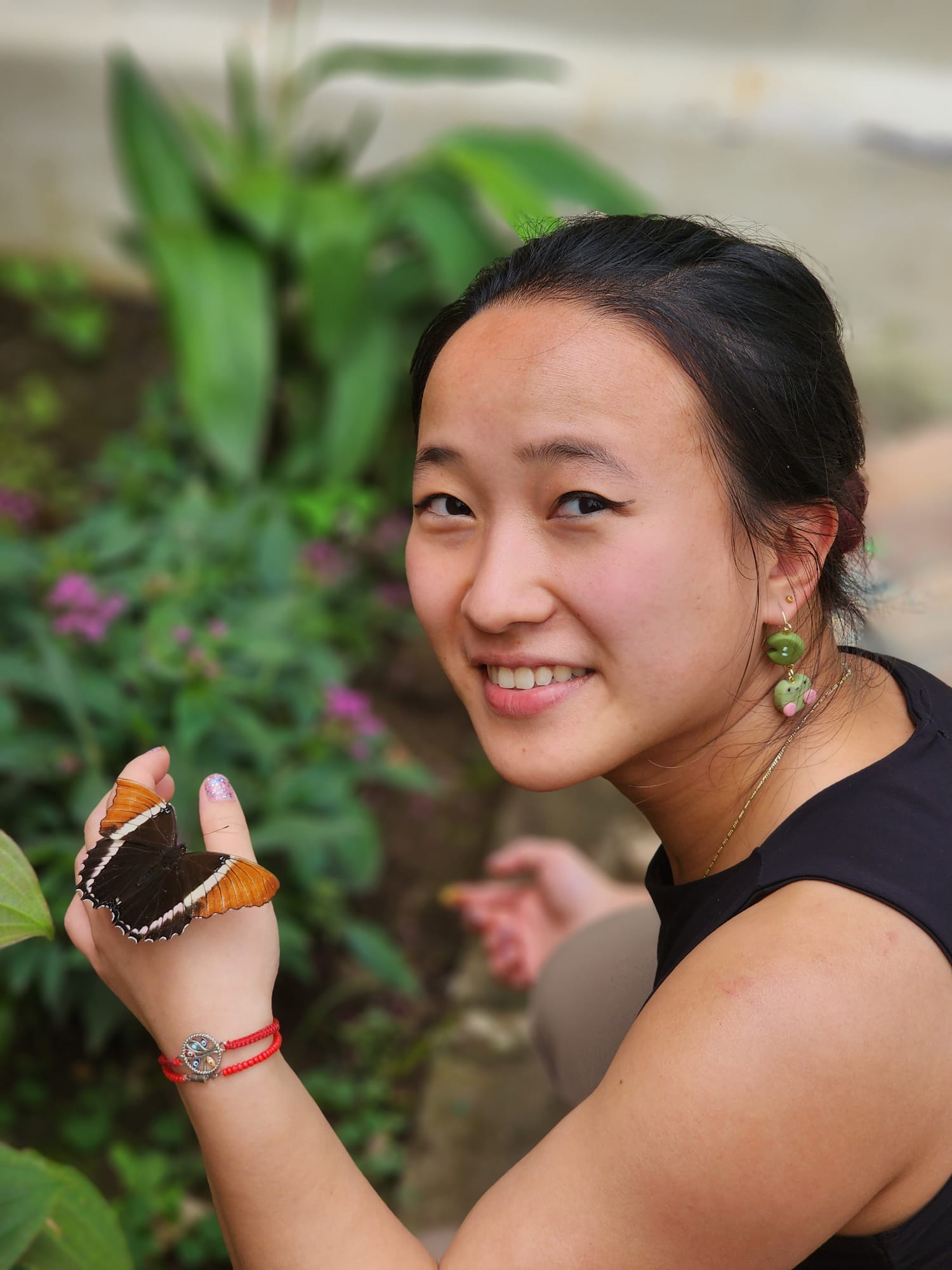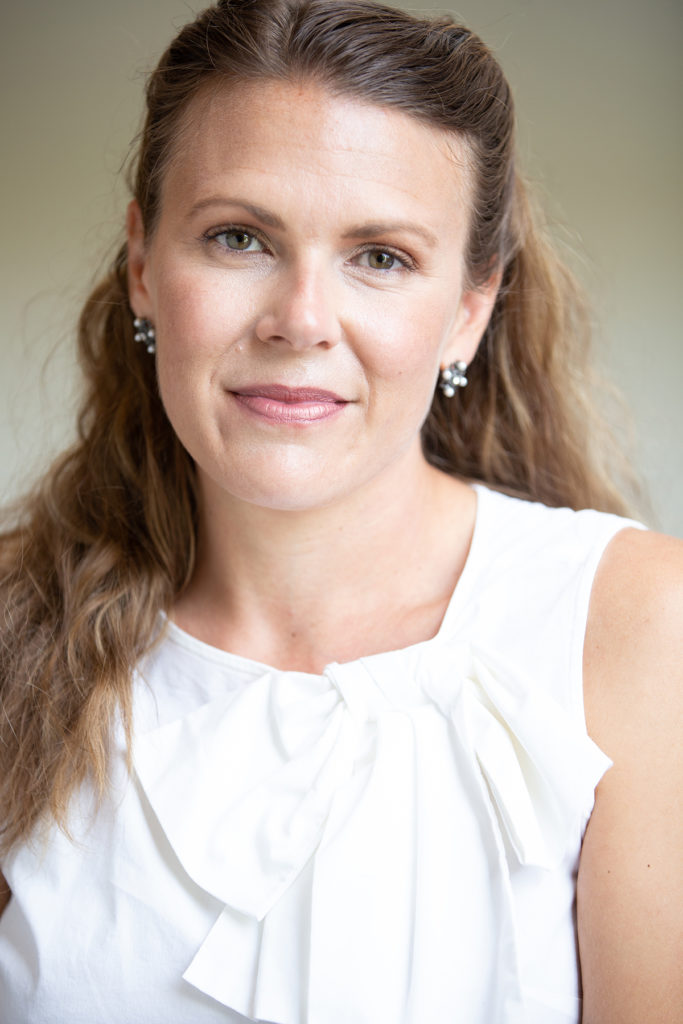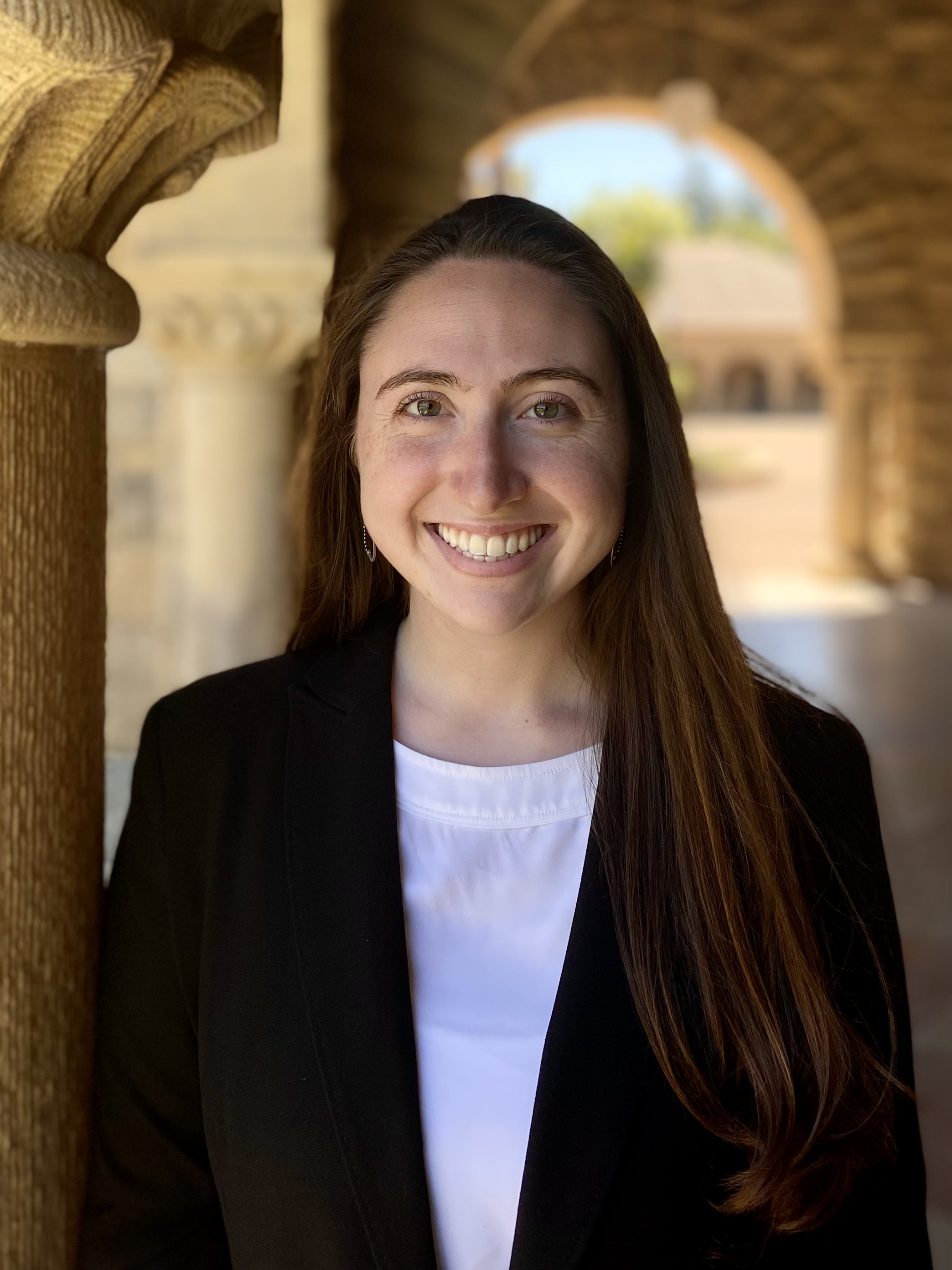 Eric was awarded the 2023 Norway Project Support Award for his multicultural video project focused on people with developmental disabilities. He graduated from Yale with a BA in Political Science in 2020. He plans to continue in video journalism, with a focus on telling the stories of individuals with disabilities, and other overlooked populations. The following op-ed in Norwegian first appeared in Dagsavisen, a daily newspaper based in Norway.
Eric was awarded the 2023 Norway Project Support Award for his multicultural video project focused on people with developmental disabilities. He graduated from Yale with a BA in Political Science in 2020. He plans to continue in video journalism, with a focus on telling the stories of individuals with disabilities, and other overlooked populations. The following op-ed in Norwegian first appeared in Dagsavisen, a daily newspaper based in Norway.
Growing up in the U.S., I remember my parents worrying about my older brother’s future. Now that he’s 27, they still do.
Maybe they worried about me too. After all, school shootings and the cost of an American college education are enough to cause parents some sleepless nights. But the future always weighed heavier with Brian because of the challenges he faces as a young man with autism and an intellectual disability.
If you have a child or sibling with an intellectual or developmental disability in the U.S., you’re probably familiar with the term ‘falling off the cliff.’ It refers to the often fragile and unsupported transition this population faces as they move from adolescence to adulthood.
School is no longer in the picture, many therapies are no longer funded, and families begin to navigate the dizzying bureaucracy and long waitlists associated with adult services. Meaningful, supported job offers are limited. An underlying question for parents becomes: What opportunities will my child have in adulthood?
This precarious transition from school to work for people with developmental disabilities became the subject of my political science thesis at Yale University. Three years later, it has taken me over 300 kilometers north of the Arctic Circle to Tromsø, for a year-long research project with the U.S.-Norway Fulbright Foundation.
Norway’s reputation for wealth, welfare, and a more egalitarian and supportive society intrigued me. I wanted to know if this Scandinavian country had found a way to soften the ‘school to workforce cliff’ and better include adults with intellectual and developmental disabilities in society.
So, I’ve spent the past six months traveling throughout Norway, from Tromsø to Harstad, Kristiansand to Arendal, Oslo to Trondheim…meeting with professors, educators, doctors, psychologists, government workers, job specialists, employers, parents, and people with disabilities themselves.
I haven’t been surprised to learn that for many adults with intellectual and developmental disabilities, Norway provides a strong financial safety net, giving this population greater security than their average U.S. counterpart. But I’ve also been reminded that there is a difference between security and inclusion.
What has been eye opening is that even in Norway, this group is highly marginalized, stuck on the fringes of working life. Based on figures from several Norwegian studies, researchers have estimated only about 25% of working age adults with intellectual disabilities (ID) are employed, about 80% of whom are in segregated settings. Meanwhile, nearly half of this population spends their time in municipal day activity centers, and it’s estimated 15% do not have a daytime activity at all.
Parents here share many of the same worries my parents have. The transition from adolescence to adulthood, and school to work, is still precarious. To describe this period, ‘falling off the cliff’ is sometimes substituted by the popular Norwegian phrase, ‘falling between the chairs.’
In a recent conversation at NTNU in Trondheim, professor Christian Wendelborg described the problem to me as a ‘vicious circle.’ He explained Norway’s welfare administration (NAV) typically grants a pension to those with ID from age 18. But what often happens after is NAV drops the case without giving a work capacity assessment or further follow-up, not considering them for supported, competitive employment.
Schools see this fast track to welfare, thus reducing their expectations that students with ID can contribute in work. This discourages schools from preparing them for mainstream or supported employment. Rather, Christian and his colleagues argue these students are being educated for a life on welfare services. In this way, national practices send a clear message to schools, which reinforces a culture of low expectations and low labor market participation. That’s the ‘vicious circle.’
Work is about more than a salary. With the proper supports, it can provide a path to socialization, community participation, and self-realization. When I asked a young man with autism in Oslo why he likes his job, he told me: “I like feeling useful, and by working here I feel that I am useful.” I get a similar answer nearly every time I ask a young person with a disability that question.
But as it stands now, many adults with ID and developmental disabilities who are capable of working are missing out on this sense of purpose and inclusion. That comes at a cost to the individual’s health and the society’s economy.
As part of my project in Norway, I tell the stories of those who have beaten the odds and found work, as well as organizations, like Helt Med, that have built models to help them do so. I’ve visited workers across the country at nursing homes, fire stations, government offices, grocery stores, and horse-riding schools. Face to face, I have seen their passion for work, desire to contribute, and ability to excel when properly supported.
I just hope that others in Norway, the U.S., and beyond, will start to see this too. After all, you can’t break a vicious circle of low expectations, without first seeing potential.



